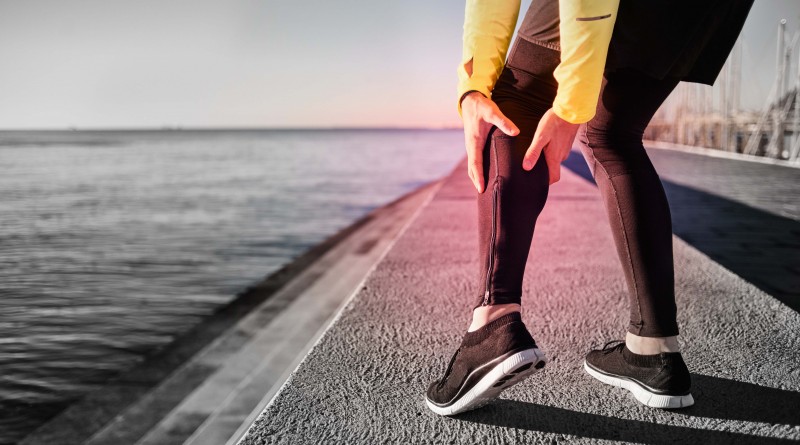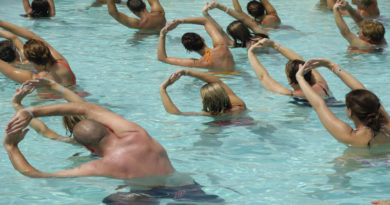What to do in case of dislocation
Everything you need to know about this kind bone injury.
It is usually mistaken for a sprain, but a dislocation is a lot more serious: as its name indicates, it is a sudden or long-lasting dislocation, either partial or total, of one or more bones that remain on a certain joint. It can occur after a violent impact or a wrong way to lay a bone structure of a surface, like the ground or a ball, forcing the bone to slide out of its natural place. Most common dislocation happens in shoulders, fingers, knees, wrists, elbows and even in the jaw joint.
Before moving on, it is important to highlight this: a dislocation is not a fracture, although it so appears at first sight. However, it is also relevant to clear off that, in case of fracture, other bones can suffer from dislocations. An x-ray will always sort out what kind of injuries are you suffering from.
It is simply not possible that a dislocation remains unnoticed. Beside the excruciating pain, the injured region will appear really unnatural, since it will be dislocated from its normal position, and, at the same time, it may be swollen and darkened by the bruising. Now, the most important question is still unanswered: how do you solve a dislocation.
There is no other remedy than visiting a doctor or an expert. Otherwise, the injury may infect and the problem may become impossible to reverse. There are extremely serious cases results from not treating a dislocation. For instance, when this injury happens in an ankle, the foot may stop receiving the normal blood supply and that can worsen its function. Oh, and by the way, don’t try to put the bone back on its place on your own: you will probably aggravate your injury, turning it even more painful.
A decent recovery can take a few time, between four to six weeks, and you should be almost constantly at rest because this kind of injuries are very prone to reappear. To avoid it, you should also try and get some physiotherapy so you can strengthen the muscles around the dislocated bone, so it can hold back the joint, preventing it from dislocating again. And, of course, be constantly reminded that doing sports or having relatives that are prone to suffer from dislocations may put you in a risk condition. So, be forewarn!






